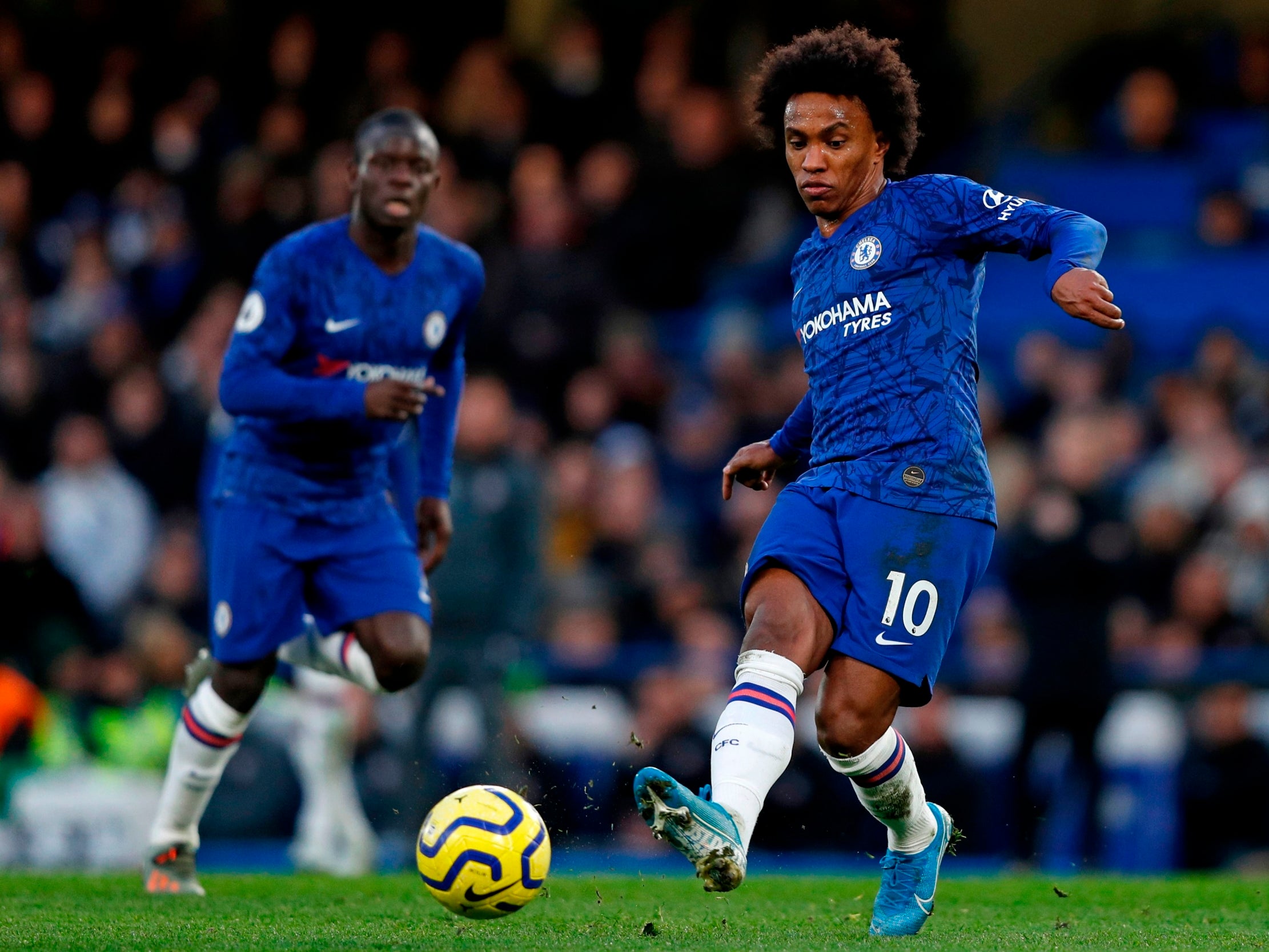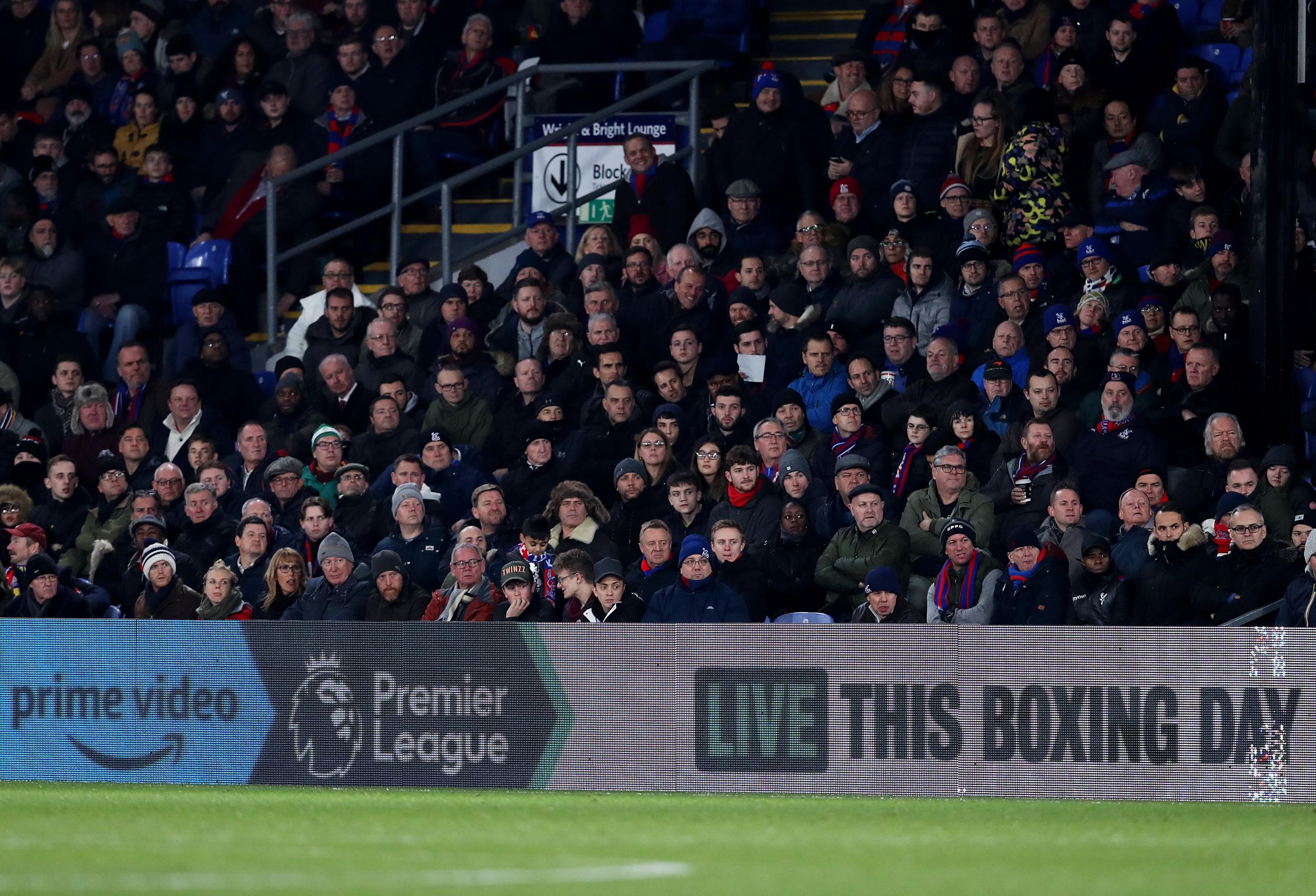From contract disputes to sponsorships, why football’s legal problems will be laid bare on 30 June
Legal framework which holds European football together could unravel once the deadline passes
Your support helps us to tell the story
From reproductive rights to climate change to Big Tech, The Independent is on the ground when the story is developing. Whether it's investigating the financials of Elon Musk's pro-Trump PAC or producing our latest documentary, 'The A Word', which shines a light on the American women fighting for reproductive rights, we know how important it is to parse out the facts from the messaging.
At such a critical moment in US history, we need reporters on the ground. Your donation allows us to keep sending journalists to speak to both sides of the story.
The Independent is trusted by Americans across the entire political spectrum. And unlike many other quality news outlets, we choose not to lock Americans out of our reporting and analysis with paywalls. We believe quality journalism should be available to everyone, paid for by those who can afford it.
Your support makes all the difference.In the world of football, 30 June normally passes by unnoticed as just another day in the sport’s sleepy off-season, but it might be the most important in the whole calendar and this may be the year when we finally realise why.
Last week, at the emergency Uefa meeting to discuss European football’s response to the coronavirus pandemic, domestic leagues across the continent “committed” to completing their domestic seasons by 30 June “at the latest”.
These are uncertain times and there are no guarantees that football will have returned by then, let alone have neatly tied up and completed the 2019-20 campaign. In fact, with every passing day of this crisis, finishing by the end of June looks wildly optimistic.
It is a soft deadline at best and Uefa’s admission that “adaptations” could be made to next season’s Champions League and Europa League – slated to start in July – was essentially them conceding that it is unlikely to be met.
But just because it is unrealistic does not mean it can be easily changed. 30 June was chosen because it is already considered to be the season’s endpoint in the legal framework which holds the European game together.
And though the English football authorities have announced their intention to “indefinitely” extend the 2019-20 campaign until completion, doing so beyond the end of June has the potential to spark all manner of legal issues.
Out-of-contract players
The biggest and best-known 30 June problem is that it is when many player contracts expire. “It is very unusual for a football contract to not end on 30 June unless it’s a month-to-month contract or loan agreement,” explains David Seligman, a sports lawyer at Brandsmiths.
Every Premier League club has a player on their books who will become a free agent if they do not sign new terms before the end of June. At Chelsea, an entire forward line – Willian, Pedro and Olivier Giroud – falls under this category.
If the season has not been completed by the time those contracts expire, there will be fair questions about the sporting integrity of the competition going forward, with teams potentially losing key players for a critical stage of the campaign.
But for the players themselves, there are more fundamental questions. Are they insured if they continue to play? What happens if they are injured? The transfer window normally opens the day after 30 June, on 1 July. If it is moved back to September or October, are they able to move elsewhere?

One solution could be for players whose contracts have expired to take up month-to-month terms and play until the season is completed. Willian is one player to publicly suggest he is willing to do this, but Seligman believes such a move might require special dispensation from English football’s authorities.
The problem with that approach is that not every player is like Willian. “There will be players who won’t want to extend contracts,” Seligman says. “And there will be clubs counting down the days until contracts expire. It’s going to be very difficult for the league and the regulators to force them to extend.”
As the general secretary of world players’ union FifPro, Jonas Baer-Hoffmann, recently warned, the challenge is ensuring that out-of-contract players are treated equally. “What we want to prevent is [a situation in] which players the clubs like get extended, and those they don’t like, don’t [get a contract extension].”
Bonus payments
The complications do not end there. Contracts are not only start dates, end dates and salaries. There are also loyalty and performance bonuses to consider, which could all cause serious legal disputes if the season starts late.
Seligman gives the example of a £1m loyalty bonus paid over the course of a four-year contract. “You get £250,000 a year, with £125,000 on 1 September straight after the [summer] deadline and another £250,000 on 1 February after the [winter] deadline,” he says.
These payment deadlines are often hard-written into the terms of the contract, working on the assumption that the dates of the summer and winter transfer windows are fixed, with the end of the season falling in between.
Now, imagine the transfer window is rescheduled to start 1 October and a player who received a loyalty bonus in September leaves his club. In that position, the club may feel within their rights to claim the money back, likely leading to litigation.
Bonuses for on-the-pitch achievements will be another sticking point. For example, if a player was awarded money this season for qualifying from the Champions League group stages, are those bonuses still valid if this season’s competition is declared null and void?
Sponsorship agreements
It is not just the players who could lose out financially. Clubs are vulnerable to losing money from sponsors, particularly those whose brand exposure is intrinsically linked to playing matches, such as those who pay for perimeter advertising.
As Seligman notes: “If your brand isn’t being advertised because the club isn’t playing on the pitch, why should you pay for sponsorship when the services aren’t being provided for you?” Quarterly sponsor payments will be due at the end of June, after potentially three months without matches and the exposure they bring. Many sponsors could default on the payment.

This could especially be a problem for lower-league clubs who cannot fall back on substantial broadcasting revenue enjoyed by their Premier League peers. Just as in the wider British economy, the coronavirus crisis will hit hand-to-mouth businesses harder than those who can rest on cash reserves.
Football’s many moving parts – players, clubs, agents, authorities and other interested parties – have more than three months to find a solution but are at the mercy of a more pressing matter: a global pandemic and how governments across the world respond.
Baer-Hoffmann believes a solution to the contract situation could be found “with a little bit of common sense and cooperation from everybody”.
Whatever course of action is ultimately taken, it seems almost certain that 30 June 2020 will not mark a seamless transition from one season into another, but the day when the legal ramifications of football’s suspension are laid bare.
Join our commenting forum
Join thought-provoking conversations, follow other Independent readers and see their replies
Comments